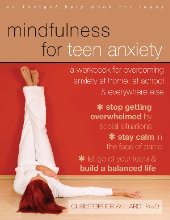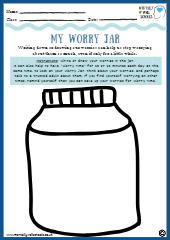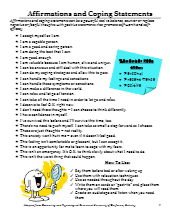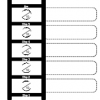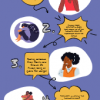
The Interaction Anxiousness Scale (IAS) is a psychological assessment tool specifically designed to measure the level of anxiety an individual experiences in social interactions. Developed by Leary in 1983, the IAS addresses a crucial aspect of social anxiety, focusing on the discomfort, worry, or fear one might feel when engaging with others, particularly in unfamiliar or potentially evaluative situations.
The scale consists of 15 items that participants respond to, reflecting on their feelings and attitudes towards social interactions. These items cover a range of situations and sensations, including feelings of tension, apprehension, and nervousness when interacting with others, being the center of attention, or initiating conversations. Respondents rate each item on a scale, typically ranging from 1 (not at all characteristic or true of me) to 5 (extremely characteristic or true of me), allowing for a nuanced view of their social anxiety levels.
The IAS is valuable for its ability to differentiate between general anxiety and the more specific anxiety that arises in social contexts. This distinction is crucial for diagnosing social anxiety disorder (SAD) and for tailoring treatment strategies that address the unique challenges faced by individuals with SAD. By focusing on interaction anxiety, the IAS helps clinicians and researchers to understand how social anxiety can impact an individual’s ability to form and maintain personal and professional relationships, contributing to broader implications for mental health and well-being.
Scores on the IAS are summed to produce a total score that reflects the individual’s overall level of interaction anxiety. Higher scores indicate greater anxiety in social interactions, suggesting that the individual may experience significant distress or avoidance in social settings. This information can be used to identify individuals who may benefit from interventions designed to improve social skills, reduce anxiety, and enhance self-confidence in social situations.
The IAS is widely used in both clinical and research settings due to its reliability and validity in measuring social interaction anxiety. It has been employed in various studies to explore the dynamics of social anxiety, its relationship with other psychological constructs, and the effectiveness of interventions aimed at reducing social anxiety. The scale is considered a valuable tool for advancing our understanding of social anxiety and for supporting individuals in overcoming the challenges it presents.
FREE PDF DOWNLOAD OF INTERACTION ANXIOUSNESS SCALE QUESTIONNAIRE (IAS)
FREE PDF DOWNLOAD OF INTERACTION ANXIOUSNESS SCALE (IAS) GUIDANCE, SCORING & INTERPRETATION
